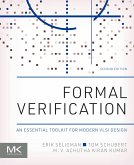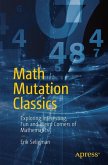
21,99 €
Versandfertig in 6-10 Tagen
Broschiertes Buch
Exploring Interesting, Fun and Weird Corners of Mathematics
1st ed.
22. April 2016
Apress / Springer, Berlin
978-1-4842-1891-4
| eBook, PDF | 20,95 € |
Broschiertes Buch
An Essential Toolkit for Modern VLSI Design
August 2015
Morgan Kaufmann
C2013-0-18672-2
| eBook, ePUB | 53,95 € |
20,95 €
Sofort per Download lieferbar
Ähnliche Artikel
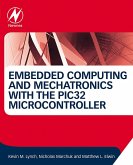
eBook, ePUB
8. Dezember 2015
Elsevier Science & Techn.

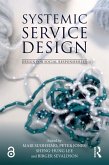
0,00 €
Sofort per Download lieferbar
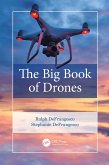
28,95 €
Sofort per Download lieferbar

eBook, ePUB
29. September 2023
Taylor & Francis eBooks
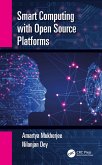
eBook, ePUB
30. Mai 2019
Taylor & Francis eBooks


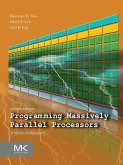
eBook, ePUB
28. Mai 2022
Elsevier Science & Techn.
Ähnlichkeitssuche: Fact®Finder von OMIKRON

